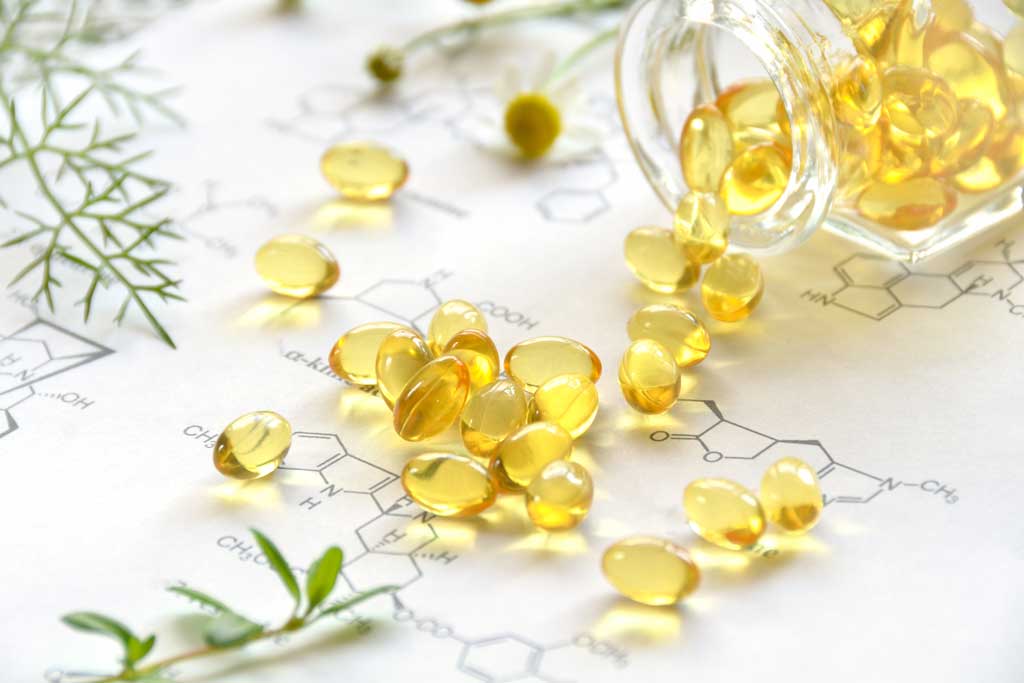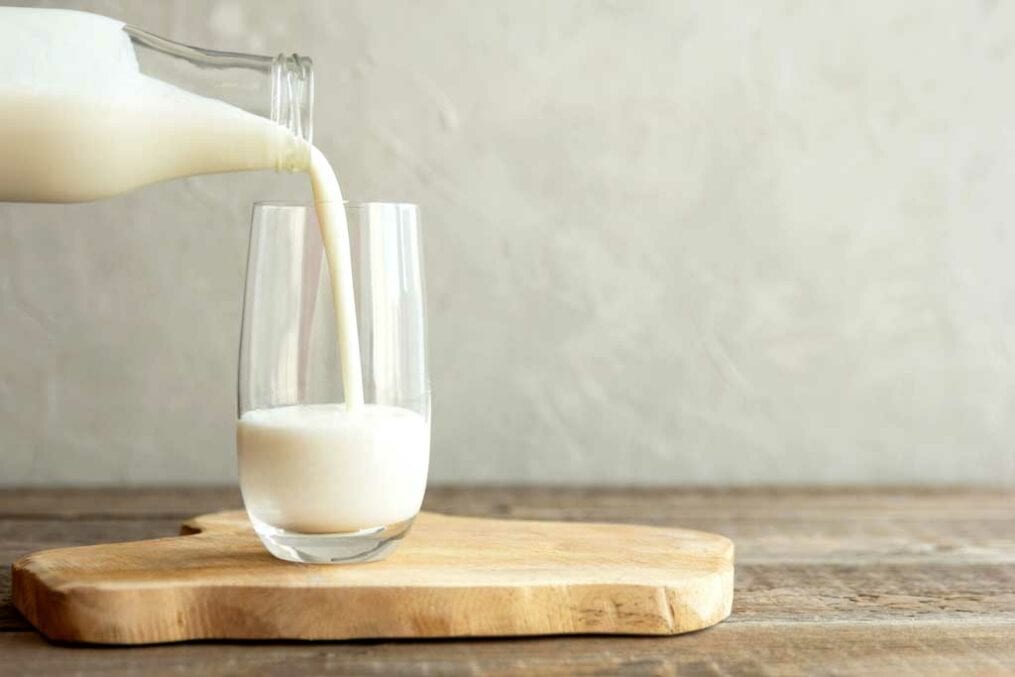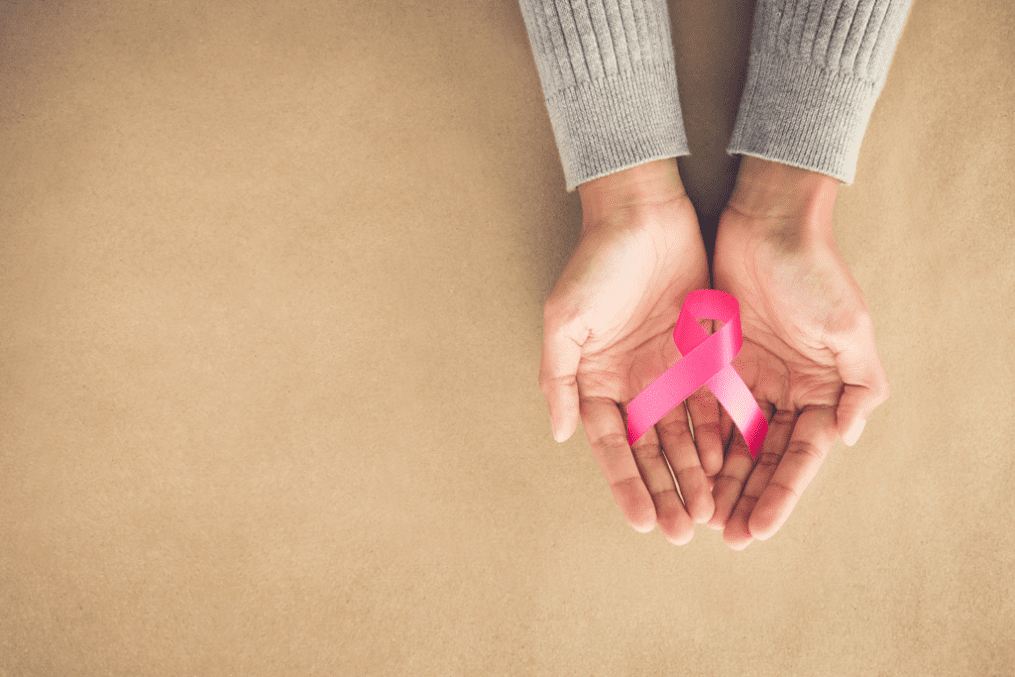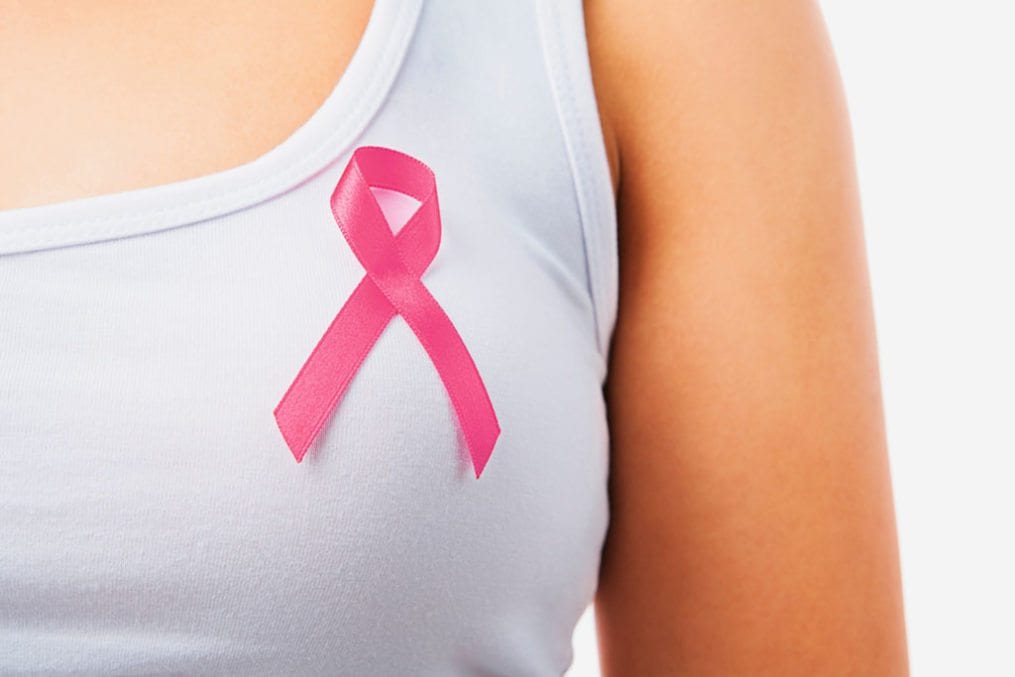What does evening primrose oil do?
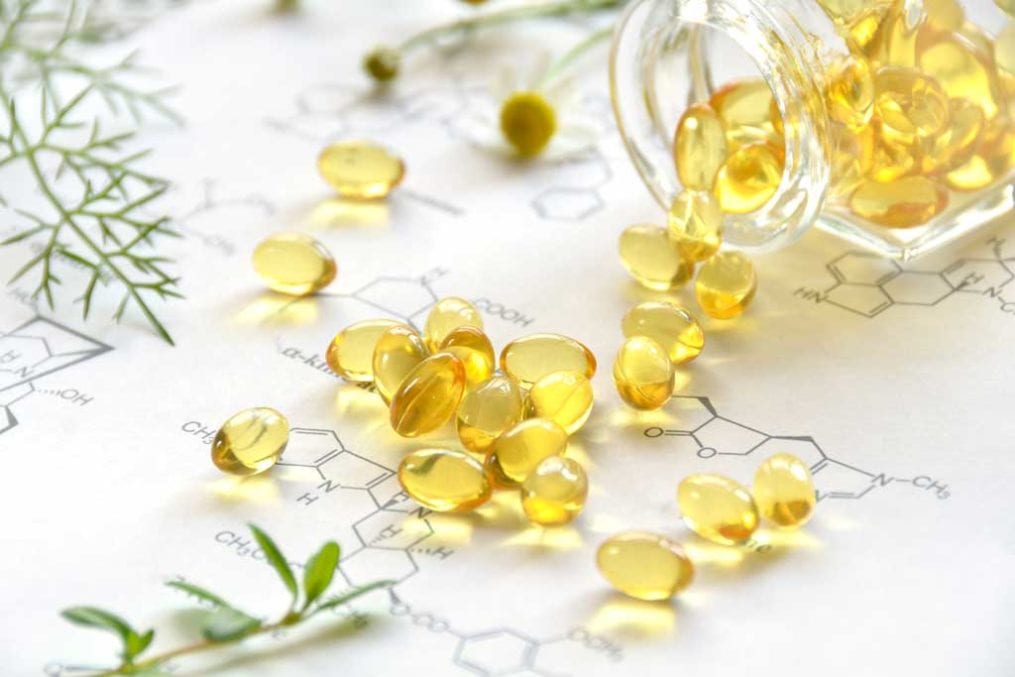
What is it?
Native to North America, evening primrose is a biennial flowering plant. The oil comes from its seed and has long been used medicinally. The indigenous peoples of the Americas used its leaves, roots and seedpods to treat haemorrhoids, wounds, gastrointestinal complaints, sore throats and skin problems. These days, lots of people use it for menopausal symptoms, dry skin and breast pains.
How does it work?
Evening primrose oil contains fatty acids, plant sterols and polyphenols. It’s extremely high in linoleic acid, a polyunsaturated essential fatty acid that the human body can’t synthesise, so you have to get it from food. It’s thought to contribute to the proper functioning of human tissues thanks to its anti-inflammatory properties, and supports healthy skin because it prevents loss of water through the epidermis, and improves skin softness and elasticity. Beneficial effects of evening primrose oil have been shown for atopic dermatitis, psoriasis and even as an anti-cancer therapy.
What’s the evidence?
There’s been quite a lot of research, going back decades. Results have been mixed, and some studies have been small, but experts agree we need more.
Dermatitis improvement
A 2018 study looked into the effect of evening primrose oil on Korean patients with mild atopic dermatitis. Fifty patients were randomly given either 450mg of evening primrose oil or a placebo to take daily for four months. Researchers measured eczema area severity index scores (EASI), water lost through the epidermis, and skin hydration. After four months, patients who took evening primrose oil showed improvement in all three measures, and significant improvement in their EASI score, unlike the placebo group. However, this was a small study and some larger, better reported studies have unfortunately not shown convincing evidence of benefit to eczema.
Menopausal hot flushes
In 2018, researchers compared two popular treatments for hot flushes in a group of 80 postmenopausal women. Half of the group took black cohosh, half evening primrose oil for eight weeks. The average severity of hot flushes in both groups dropped significantly over the period and both groups recorded improved quality of life, although evening primrose oil did not reduce the number of hot flushes. However, there was no placebo group in this small study, and another study that did use a placebo control found no benefit over the placebo.
Managing MS
In a 2018 double-blind randomised clinical trial, 52 patients with MS received either evening primrose oil or a placebo for three months. Evening primrose oil was found to significantly increase cognitive function, vitality and overall life satisfaction, and reduce pain and fatigue compared to the placebo. It can’t slow the progression of the disease, but can make it more manageable for people. Again, this small study requires longer-term follow-ups.
Cancer treatment progress
Researchers looked into whether a fatty acid called gamma-linolenic acid (GLA), found in evening primrose oil, could inhibit the action of a cancer gene responsible for almost a third of all breast cancers. The US study found treating cancer cells with GLA caused a 30- 40-fold increased response in breast cancer cells to the cancer drug Herceptin. The researchers said using both GLA and Herceptin increased cell death and reduced cancer growth, making Herceptin more efficient, which could halt progression, regulate breast cancer cell growth, and improve response to chemotherapy. However, there is no evidence to suggest that taking GLA supplements can help prevent cancer, nor that women with breast cancer should routinely take evening primrose oil, but this is an interesting and hopeful study for which more research is needed.
Who can take it?
Evening primrose oil is safe for most people in the short term, but long-term use has not been well established. Some historic research suggests it may reduce the seizure threshold in those with epilepsy, so it may not be suitable for this group. Similarly, it can increase the risk of having seizures if you also take drugs called phenothiazines, so for this group it should be avoided. It can make some people feel queasy and can bring on headaches, and some users report a softening of stools. Stop using it at least two weeks before surgery, as it can impact bleeding; similarly, don’t take if you’re on medicines to thin your blood, like Warfarin.
